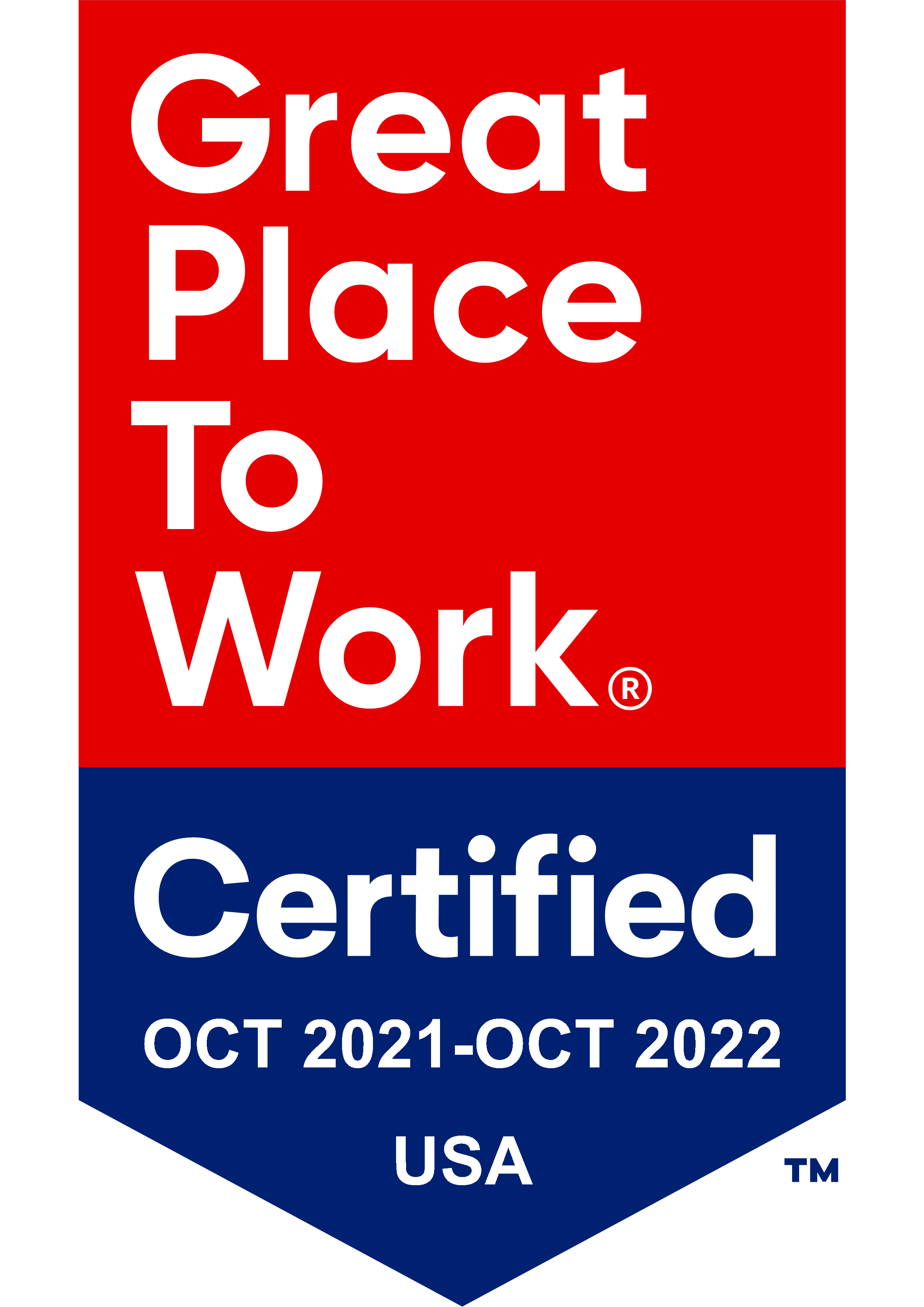
WORK THAT ISN’T WORKING
“I don't have enough time to do what I need to do on a daily basis” – it’s a story that is all too familiar and spans across organizations, with no industry being exempt. As a trusted advisor, Trumpet strives to understand, on a deeper level, what it is that limits businesses and employees today from doing their best work.
From conducting nearly 100 interviews with firm leaders across different industries, we’ve found that the day-to-day mundane work is creating a massive roadblock for companies. Employees are shackled down with a myriad of humdrum work – administrative tasks, repetitive follow-up, mindless review and verification. There’s no capacity for employees to even think about the potential effect they could have – they’re too deep in the trenches. It’s an area where the negative effect really piles up. Employees are stuck working on work they don’t enjoy which, across an organization, prevents the impactful work - like gaining new clients, creating new lines of business or improving the overall experience for existing clients.
A SOLUTION THAT BACKFIRED
One hope was that specialized software to address specific problems or the needs of specific roles would address the issue. It hasn’t worked. Instead, IT Directors and CTOs state that there are now too many systems that are not simple enough to use and don’t talk to one another. There is also the perceived barrier of time – given the pace of business, “no one has time to learn a new system,” one CTO shared. Because of so many unconnected systems, their lack of integration forces organizations to have people bridge the gap with tedious, time-consuming manual tasks: copying and pasting data, gathering data across systems for reporting, or simply having to consult information from multiple systems to do everyday tasks like answer a client’s question, perform a task, or produce a report. All this manual data gathering and data manipulation hinders productivity, diminishes employee enthusiasm for their work and introduces a very costly risk: human error.
Bottom line: software and process inadequacies increase the amount of manual work – diminishing the quality, timeliness and reducing the amount of time spent on engaging, impactful work. “An analyst is copying and pasting - this is totally unnecessary,” shared one manager, demonstrating that human intelligence is wasted at every level.
THE IMPACT OF TECH ON RETAINING TALENT
Technical teams are a coveted resource when it comes to eliminating some of the pain points organizations face, however, IT is not without its own set of complications. They too feel the effects of limited time – maintaining existing systems and handling cybersecurity issues.
When firms lack bandwidth or domain expertise to make dramatic efficiency gains across departments or among systems held together by manual task ‘band aids’ or unreliable integrations, this has an obvious effect on employees – which, over time, bubbles up to the organizational level. Businesses reach a point where they are actually held back by their operational problems – there’s quite literally a cap to the amount of new business they can add or the number of clients they can service while maintaining high quality client reputation. Scalability is not an issue that any amount of elbow grease or extra hours can alleviate.
Operational problems also make it harder to keep and attract top talent. When employees don’t enjoy the way they work, they struggle to maintain morale. Frustration with tools leads to frustration with the employer, and performing mundane work creates a lack faith in career advancement, making them a flight risk. The same is true for attracting new talent – disengagement is not hard for prospective employees to sniff out. There’s a such a push today of people that want to do meaningful work – they aren’t afraid to shy away from opportunities that don’t seem like they’ll afford that type of opportunity.
MAKING ROOM FOR MAKING AN IMPACT
After talking with interviewees, it became abundantly clear: manual work causes friction and frustration for everyone involved. “When I first started the manual process I thought, if I have to continue doing this, I'm not going to be working here much longer. I suck at doing manual stuff,” one employee attested. It also holds companies back; employers want to eliminate manual work because “being more efficient will allow us to do more,” one managing partner shared.
Regardless of where your firm sits on the growth curve, swapping out manual, soul-stealing work for engaging work is vital to attract and keep the people who will scale your growth and skyrocket your reputation.
Intrigued? Learn more about how your company can become more efficient and deliver even more value to your clients by partnering with Trumpet.




